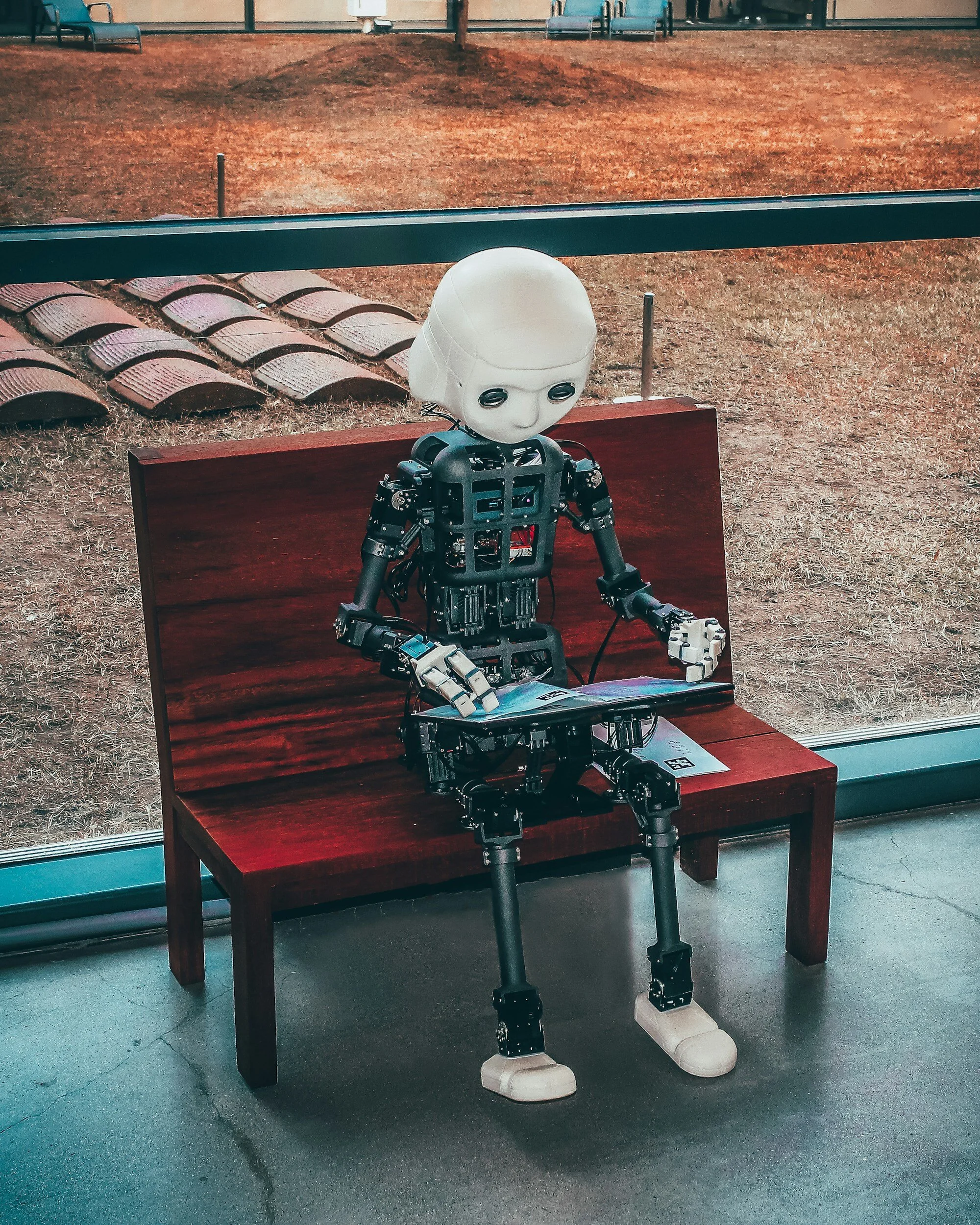Is AI in the Recruitment Process Hurting or Helping?
Robot worker
Artificial Intelligence has been smoothly integrated into the recruitment process to the point where Applicant Tracking Systems (ATS) are the first to lay eyes on your job applications on online platforms, way before a human will see it (if the AI doesn't rule you out of course). ATS assists recruiters in effortlessly sifting through applications and finding the most qualified applicants based on indicators like buzzwords, that AI helps detect. Problems, however, are introduced when you ask how AI impacts the existing bias (racial, xenophobic, gendered) that the recruitment business carries, and could AI (with its objective eyes) possibly provide us a tool to combat such bias?
What existing bias?
Recruiter/ Interviewer bias refers to the practice of employing unconscious or conscious standards of ranking candidates in the hiring process that are often not related to their actual skills or abilities, but rather to prejudices that interviewers might carry. This bias has long been an issue within business & HR research and can cover a variety of situations, ranging from not being hired or even interviewed as a result of your ethnicity, gender, or mental/physical challenges, to being hired in order for your company to claim 'diversity' in their staff. In the Netherlands, what this bias might look like is recruiters filtering out candidates based on Dutch-sounding names on CVs, or the countries from which applicants hail.
Can AI be used to assist this bias?
Several AI-assisted employment decision tools (AEDTs) claim to offer a set of objective eyes that can rule out (un)conscious biases that humans might consider when hiring people. However, as with any AI, humans are still able to direct the direction that such AEDTs take, for instance, recognizing only European languages as valuable when scanning CVs, etc. therefore making it harder to claim that AI can mitigate hiring bias completely
Can AI be used to counter this bias?
Following the same line of thought, we can argue that AI has the power to overlook prejudice if used by employers for that exact purpose. According to Kevin Mulcahy, co-author of The Future Workplace Experience, the first step is to identify and acknowledge bias, both conscious and unconscious. The second step is then strategizing with all sectors of a company, on how to actively eliminate this bias. AI can be a great assistance in this step, but this process is still incomplete without the willingness of employers themselves to reduce bias.
What can job seekers do to mitigate this bias?
When looking at such phenomena, it is hard not to acknowledge that the power is often in the hands of the employer. One thing job seekers can capitalise on is building their network and growing connections. This step increases the chances of your CV ending up on an HR manager’s desk as an internal recommendation, as opposed to having to cross AI hurdles. It is also good to keep in mind that since ATS focuses on specific words in your CV, incorporating those keywords will always do more good than harm. What job seekers can do is be aware of the influence that such decisions could have on their interviews or careers and that their gender, ethnicity, religion, sexual orientation, or bodily challenges might put up extra challenges for job seekers. In times like these, it is important to remember your own worth as a person (not only as an employee) and remind yourself to not be discouraged by (un)conscious bias over which you have almost no control.

